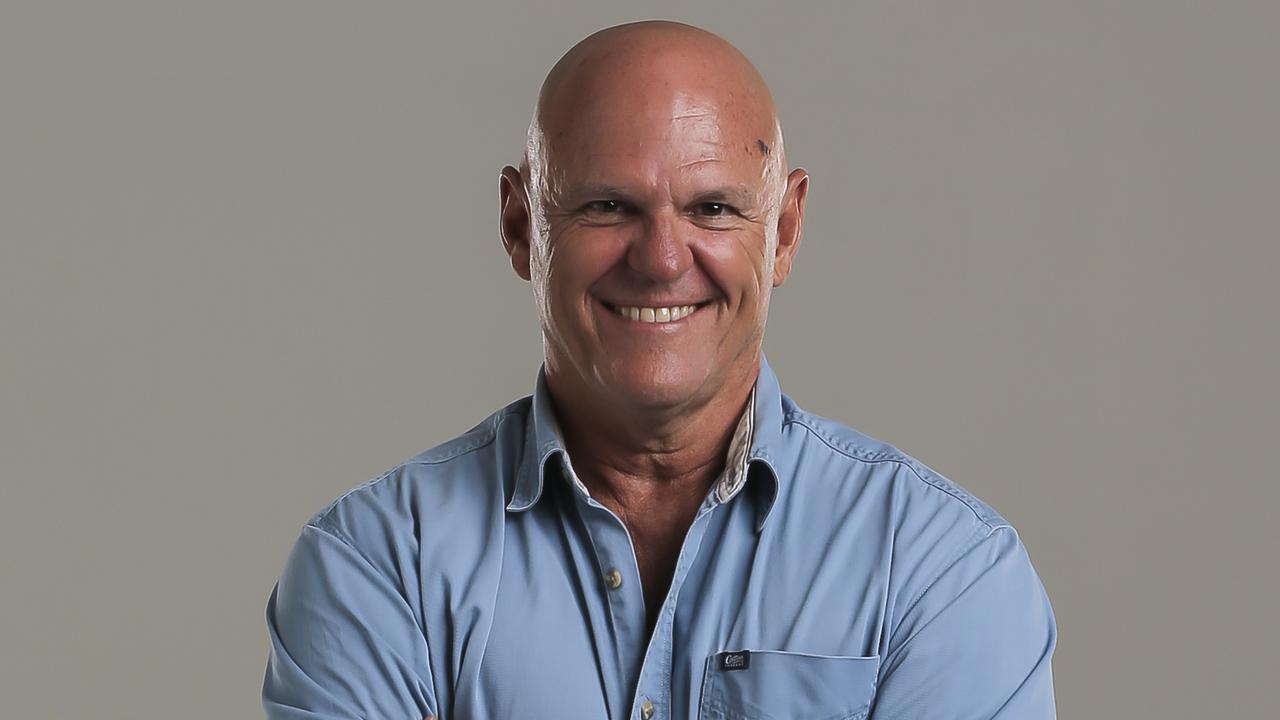Editorial: Premier must get serious about payroll problem
THE Palaszczuk Government is using its standard operating procedure to confront another potential payroll disaster. It would be comical if it weren’t so serious.

Opinion
Don't miss out on the headlines from Opinion. Followed categories will be added to My News.
PREMIER Annastacia Palaszczuk and her Innovation Minister Leanne Enoch are telling Queenslanders they should accept on faith that another payroll disaster isn’t looming under Labor.
“It is not going to happen on my watch,” Ms Palaszczuk insisted yesterday.
Ms Enoch emphasised the new payroll system for firemen and women, paramedics and corrections officers would be “successfully delivered”.
Sadly, this sort of response has become standard operating procedure for the besieged Palaszczuk administration. Deny a problem exists. Blame the LNP for causing the problem. Take credit for fixing the problem that supposedly doesn’t exist. It would be comical if it weren’t so serious.
Too often during its two-plus year tenure, the Palaszczuk Government has demonstrated a propensity for light and fluffy announcements while shirking its responsibility to be forthright and fulsome in responses when questioned on actual issues. Ms Palaszczuk claimed yesterday the consultants commissioned to assess the multi-department payroll rollout had “made remarks” but were “very satisfied as well with the system to date”.
However, any fair-minded assessment of the finding by consultants PricewaterhouseCoopers would be quite different. Their report states “over the last 12 months the program has built good momentum on the payroll scope component. However, as it is, we have low confidence that the program will be successful without significant intervention”.
In other words, the Government is careering towards another payroll disaster despite what the Premier claims will or won’t happen under her watch.
Ms Palaszczuk also insisted that there wasn’t “a person sitting around my Cabinet table that doesn’t know what happened in relation to the Health payroll”.
Yet this has not stopped those people overseeing departments which are making the same errors that led to the infamous Queensland Health debacle.
Example: The contract has been signed before the scope was finalised, variations ordered that added costs, and responsibility for the program was palmed from one department to another.
What the Premier should be doing is demanding answers from her ministers as to how they allowed this to occur given Labor’s obvious political sensitivities about payrolls.
A DAY TO HONOUR THOSE WHO ANSWERED THE CALL
GALLIPOLI and the legend of that failed campaign is etched deeply in the Australian psyche.
While it may in many respects be almost synonymous with the mythology of Anzac Day, it was only the first bloody conflict in which our nation has immersed itself in the 102 years since.
This year marks the 100th anniversary of Australian infantry divisions’ involvement in the charnel house that was the battle of Passchendaele on the Western Front. In that bloody mess, we suffered 38,000 casualties in two months of fighting.
A century on, it is sometimes hard to put Australia’s involvement in the Great War into perspective. Nearly 417,000 men enlisted, of which 216,000 were casualties. This included 60,000 men killed in action. And this from a population of not quite five million at the time. To put that into the context of contemporary Australia, it would be equivalent today to sending 2 million troops to fight a war, with about 300,000 of those killed in action, and more than double that number wounded.
The sacrifice of not only those men who served, but their families at home and the nation as a whole is almost beyond comprehension in today’s world of drone strikes, cyber-warfare and cruise missiles.
A century on from the horrors of Gallipoli, Passchendaele, Fromelles and Pozieres, we still have men and women of the Australian Defence Force putting their lives on the front line. Right now, our air force and ground support are fighting the cancer that is ISIS in the Middle East.
Before that, there was Afghanistan, Iraq, Timor, Vietnam, Korea, World War II and countless other smaller deployments in between.
It is then today a century of service that we not so much celebrate – for there is little to celebrate in war – but rather commemorate. It is a day to acknowledge that whether or not we may have agreed with a particular cause being fought, our men and women in uniform – and at times those drafted into service – had no choice but to answer the call and serve their country.
It is a call that, as a nation and a responsible world citizen, we have never shirked, no matter the cost and the grief. For that we can be proud.
Importantly, Anzac Day is also an occasion to reflect not only on those who have fallen or served in years gone by, but also the tens of thousands in uniform today, and the many thousands more who carry the scars, both mental and physical, of campaigns past.
The price of war is not only paid in blood and money, but also lasting psychological and physical trauma for so many who return home – returning as very different people to the ones who left our shores.
War has both shaped us and scarred us as a nation. Lest we forget both those past and present.


